When you are buying a house, you will have an appointed conveyancer who will be with you every step of the way. They are there to answer any questions you have, and to help the process go smoothly. However, it’s always good to know what you should expect from them, as well as what they expect from you. So, we thought that we would put together The Guild’s Guide of what to expect from your conveyancer when you are buying a house.
What To Expect Of Your Conveyancer When Buying A House
How Long Can The Buying Process Take?
On average, the entire process can take anywhere between 8-10 weeks. This can be dependent on the chain, if you are a first-time buyer, with no chain, it will naturally be a quicker process than if other properties are involved.
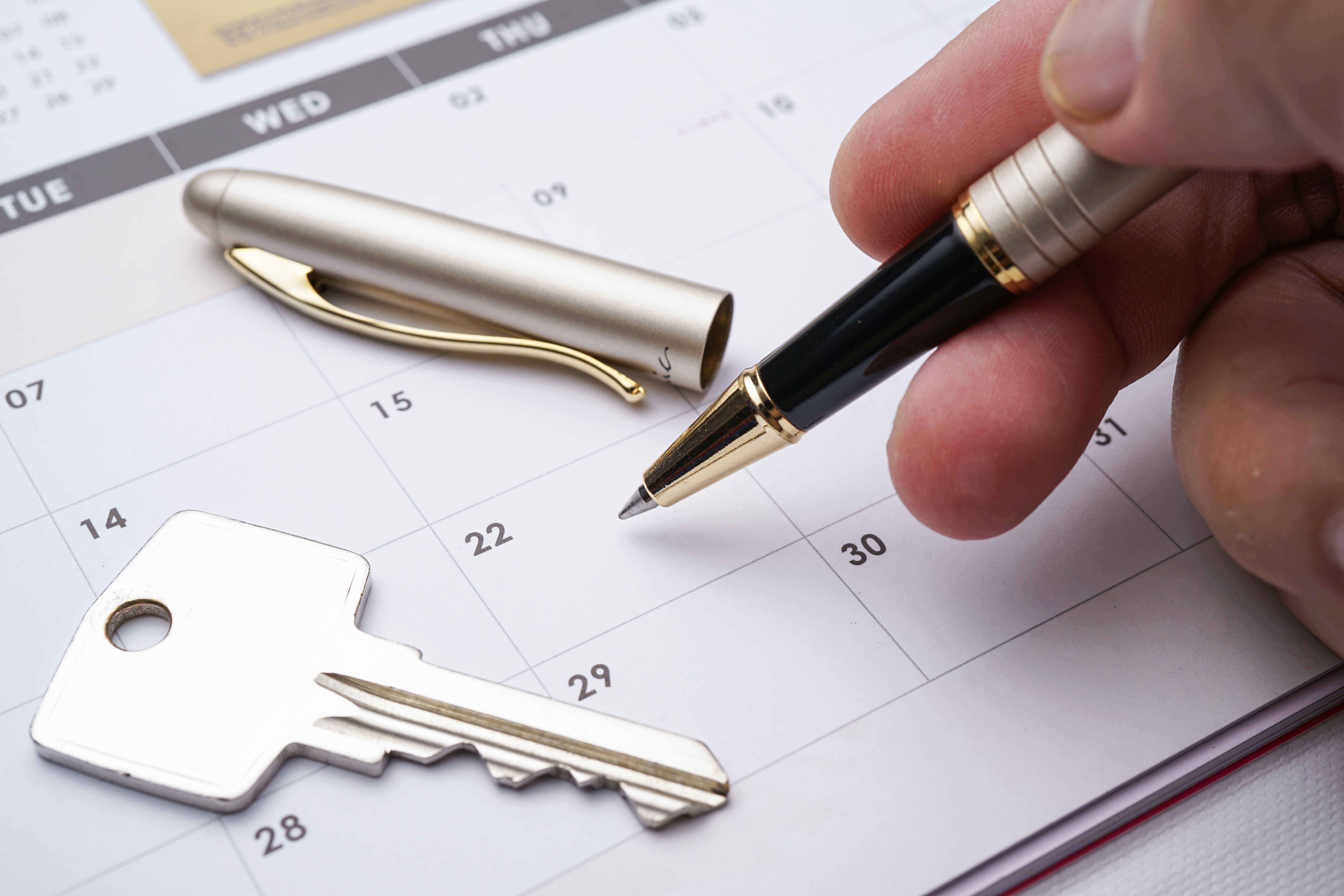
Important Things To Consider For Your Initial Communications
Before we dive into the seven crucial steps of the conveyancing process, the following points may be helpful to bear in mind in regards to your initial communications before the process of buying your dream home can start…
Your Solicitor:
- First things first, you should instruct someone you trust and that you have carefully considered
- Compare conveyancing fees with a couple of companies to ensure you are paying a fair rate
- Not all solicitors focus in conveyancing, or operate as a licensed conveyancer. If you have a close relationship with a solicitor from previous cases, now is a good opportunity to ask them how many sales they have dealt with in the past, and if conveyancing is something that they can do for you
- You can only instruct a conveyancer once you have agreed to the sale of your home, but you can select one beforehand, and have them ready to action when the time is right. Waiting to make this decision until the last moment could slow the process down, which no buyer OR seller wants
Your Estate Agent:
- Your estate agent might have an established relationship with a conveyancer and you may be offered a package or discounted rate to use them, however, there’s no obligation to choose the conveyancer your agent recommends
- If you are buying and selling at the same time, it will be necessary to work with your agent to make sure everyone in the chain is ready before you can move. (Your conveyancer can also help to coordinate this and ensure that it runs smoothly)
The 7 Crucial Steps:
There are seven crucial steps that are involved from the introduction stage to the completion stage, with your conveyancer. Let’s take a brief look…
Instruct a conveyancer
Your conveyancer (your legal representation) plays a huge part in your buying process. It can be a stressful time, but they are there with the answers to all of your questions, and to take the hassle out of the process, so that you, as the buyer, can enjoy the process.
From the support provided to the cost and so much more, check out this article by GoCompare on How To Find and Choose A Conveyancer.
For additional guidance to inform your decision-making, find out where to get the best deals, and perhaps save costs, check out Compare the Market's conveyancing guide.

Confirm instructions to your conveyancer and pay search fees
Once you have instructed your conveyancer, the next step is to confirm the next steps, declare everything that you need your conveyancer to know and pay your search fees.
Property searches are the enquiries made by your conveyancer to learn more information about a property that you are buying. The main property buying searches tend to be:
● Local Authority
● Water & Property
● Environmental
These searches can take anywhere from 48 hours to several weeks to complete. Once you have paid your fees, your conveyancer will then begin to request a contract from your seller and request the searches on your property.

Have your funding in place, i.e. your mortgage, if required
From speaking to a financial advisor, to preparing your mortgage, Help to Buy, or any other type of loan, this is when you should have your funding in place, ready for your conveyancer to hit the ground running.
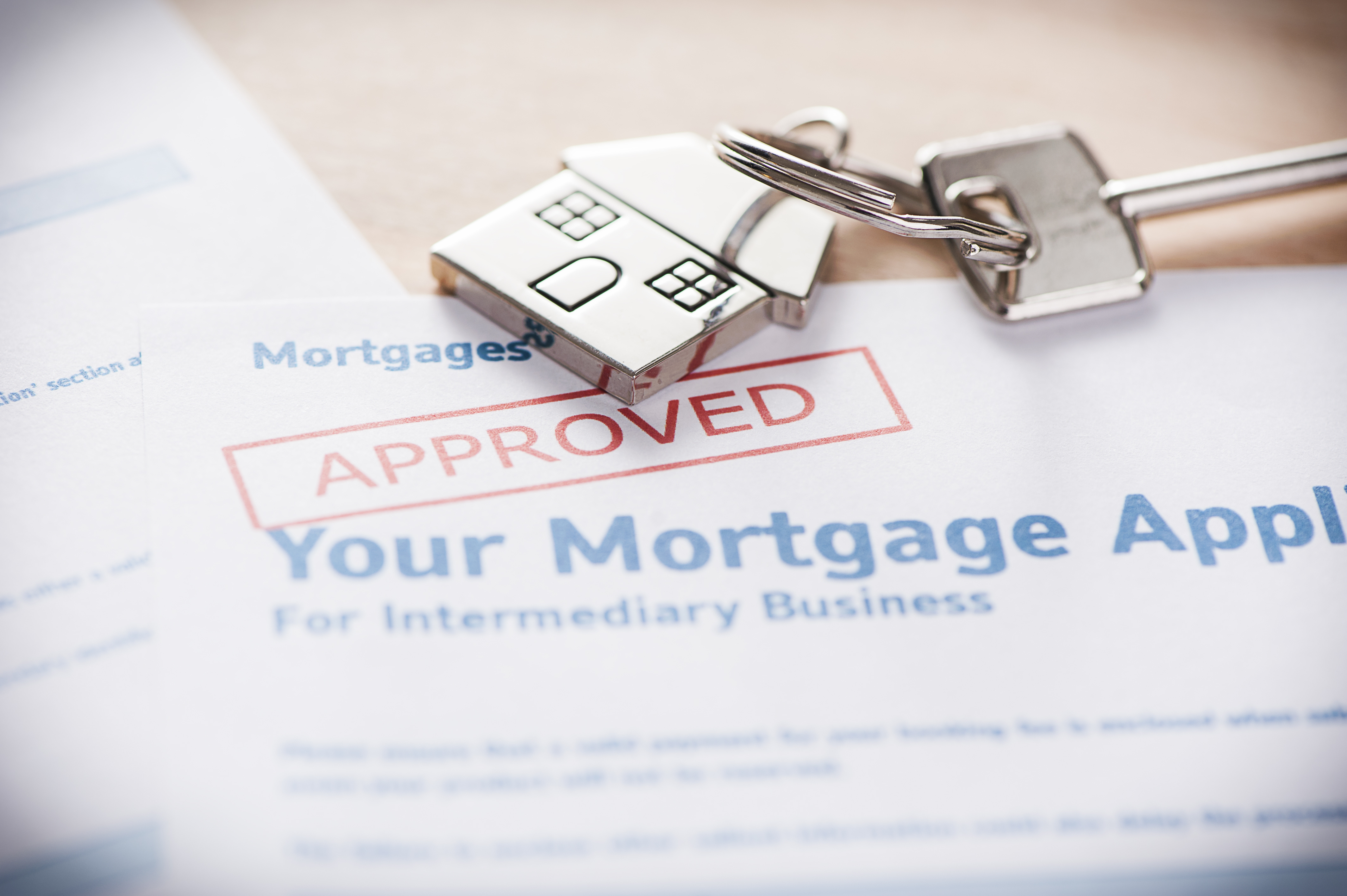
Your conveyancer will report their findings back to you
A good conveyancer will maintain a frequent stream of communication with you, to report their findings once they have completed the necessary steps:
● Received and reviewed your contract
● Reviewed/completed the searches
● To inform you if your mortgage offer is applicable
Once they have caught you up on each necessary item and stage of the process, you will be asked to sign your contract and mortgage offer, before paying a deposit to your conveyancer.

Agree a date for completion with your conveyancer
Once everything is signed for, and you have paid your deposit, your conveyancer will then ask you to confirm a date for completion.
Your completion date is essentially your moving day. This must be agreed on by all parties involved in the process.
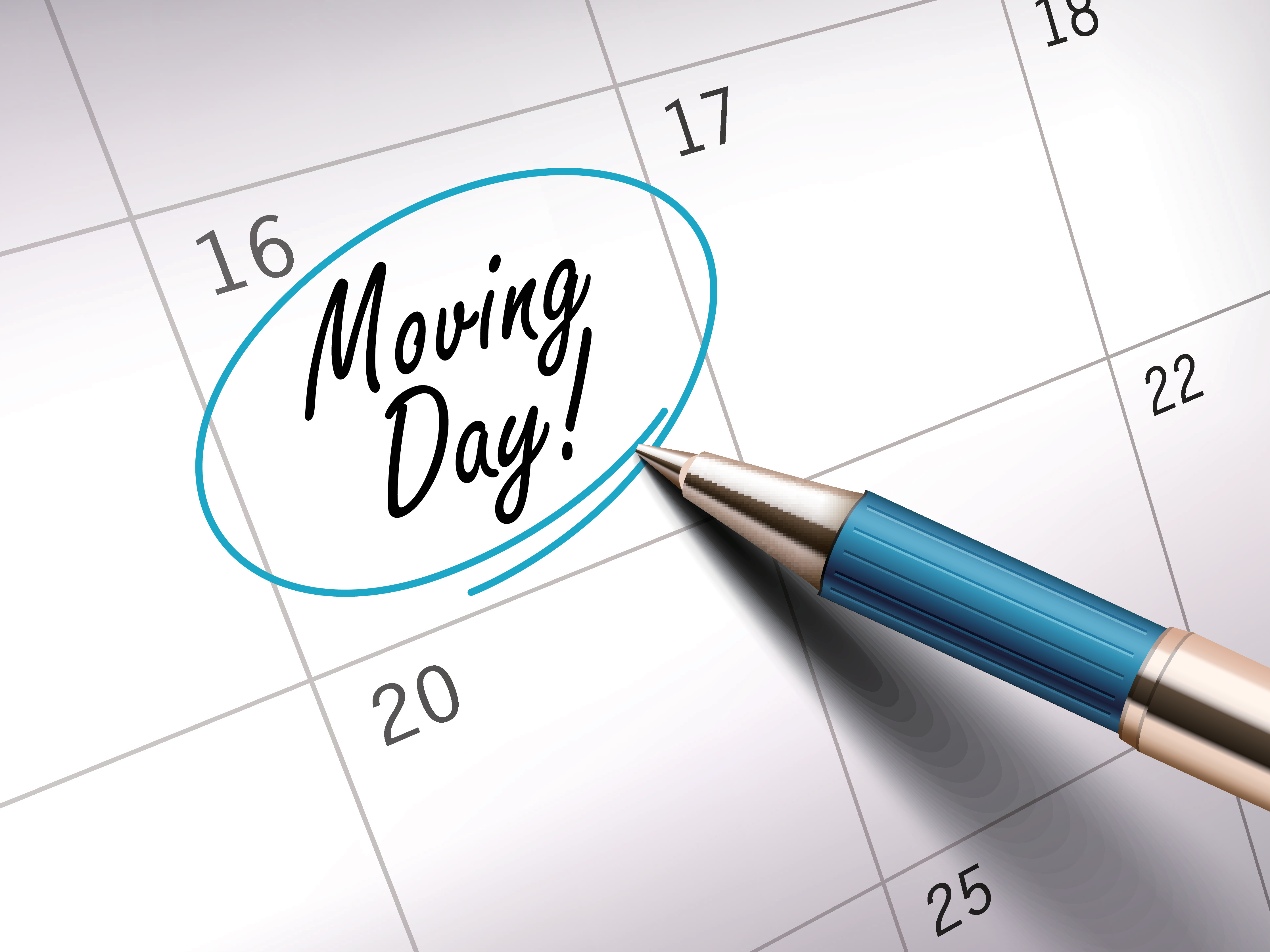
Contracts are now exchanged
It is crucial for us to note that at this stage, you are committed to purchasing the property. Once your conveyancer has exchanged contracts with the seller, the property is yours and if you fail to pay, the seller can take legal action.
So, it is important to expect your conveyancer to run through your contract and agreement one final time before both contracts are fully exchanged.
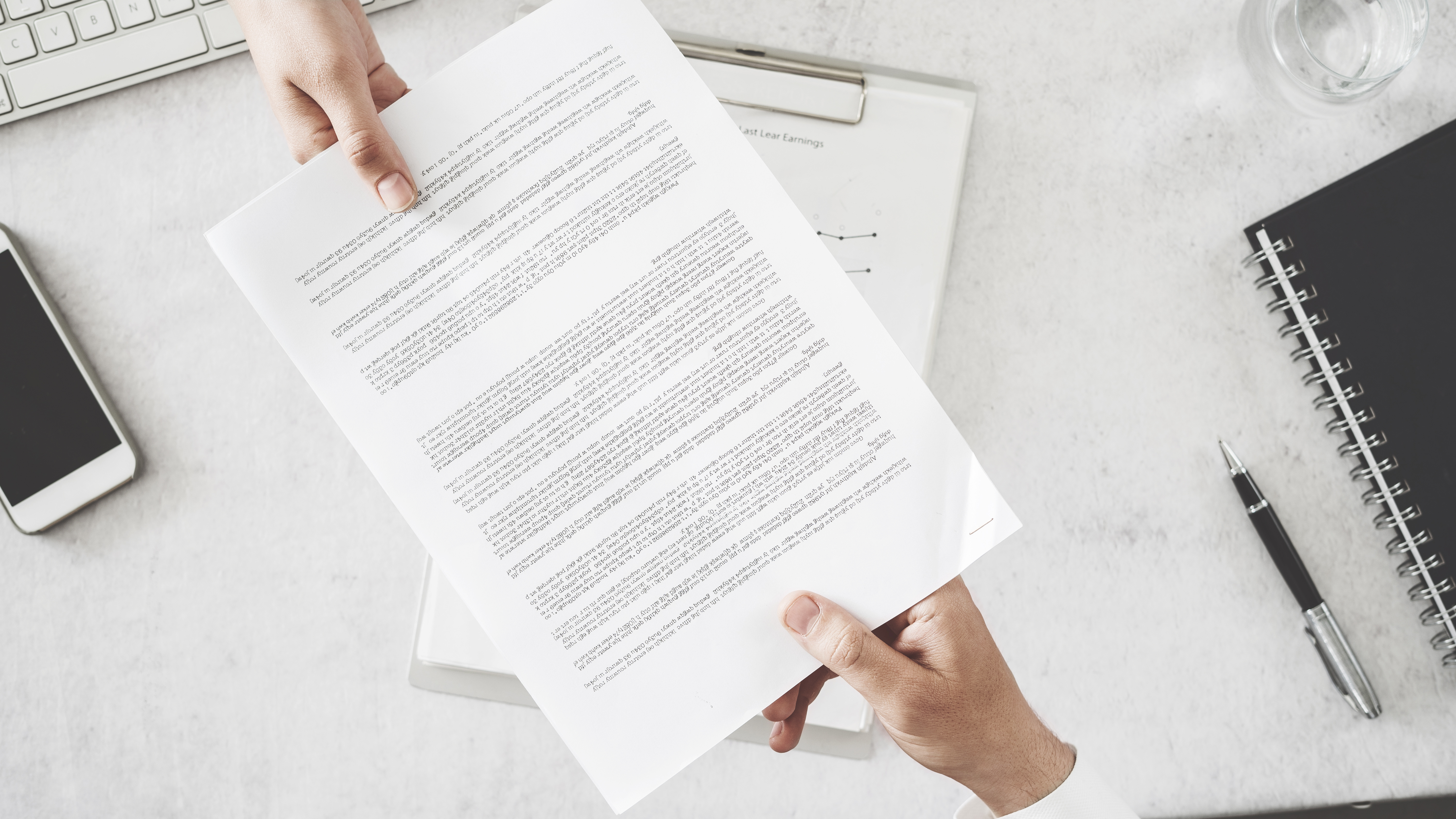
Completion!
Hooray! The process is complete, and the property is yours! This is officially the day that you will receive your keys and can begin to move into your new home.
You may find our short video on How To Take The Stress Out Of Moving an interesting watch at this stage.

The Conveyancing Fees Broken Down
When you receive your first quote, take your time to check it thoroughly. Ensure that you are happy with everything that has been outlined and consider the following:
- Is it a fixed fee, or charged at an hourly rate?
- Is VAT included?
- Will there be any costs should the sale fall through?
- Are you buying another house at the same time? (If so, you will need to factor the costs for this in)
You can expect the fees charged to be divided into two parts:
1. Solicitors’ fees for carrying out the work
2. Associated costs, or disbursements, paid to third parties.
Disbursements when selling can include:
Land Registry Transfer Fee – This is a payment for transferring ownership from the seller to the buyer with the Land Registry.
Searches – There is a variety of searches which are part of the buying process. Click here to view our guide to searches.
Stamp Duty – The amount of Stamp Duty you pay is dependent on the value of the property. Click here to view our Stamp Duty Calculator.
Leasehold Property – These types of property can incur more costs. You may, for example, need a Deed of Covenant which is a legally binding agreement covering things such as carrying out repairs.
Transfer fee – This will be paid to your conveyancer for transferring funds to your mortgage company. Funds are required on a particular day, and a Telegraphic Transfer ensures the money reaches the account on time.
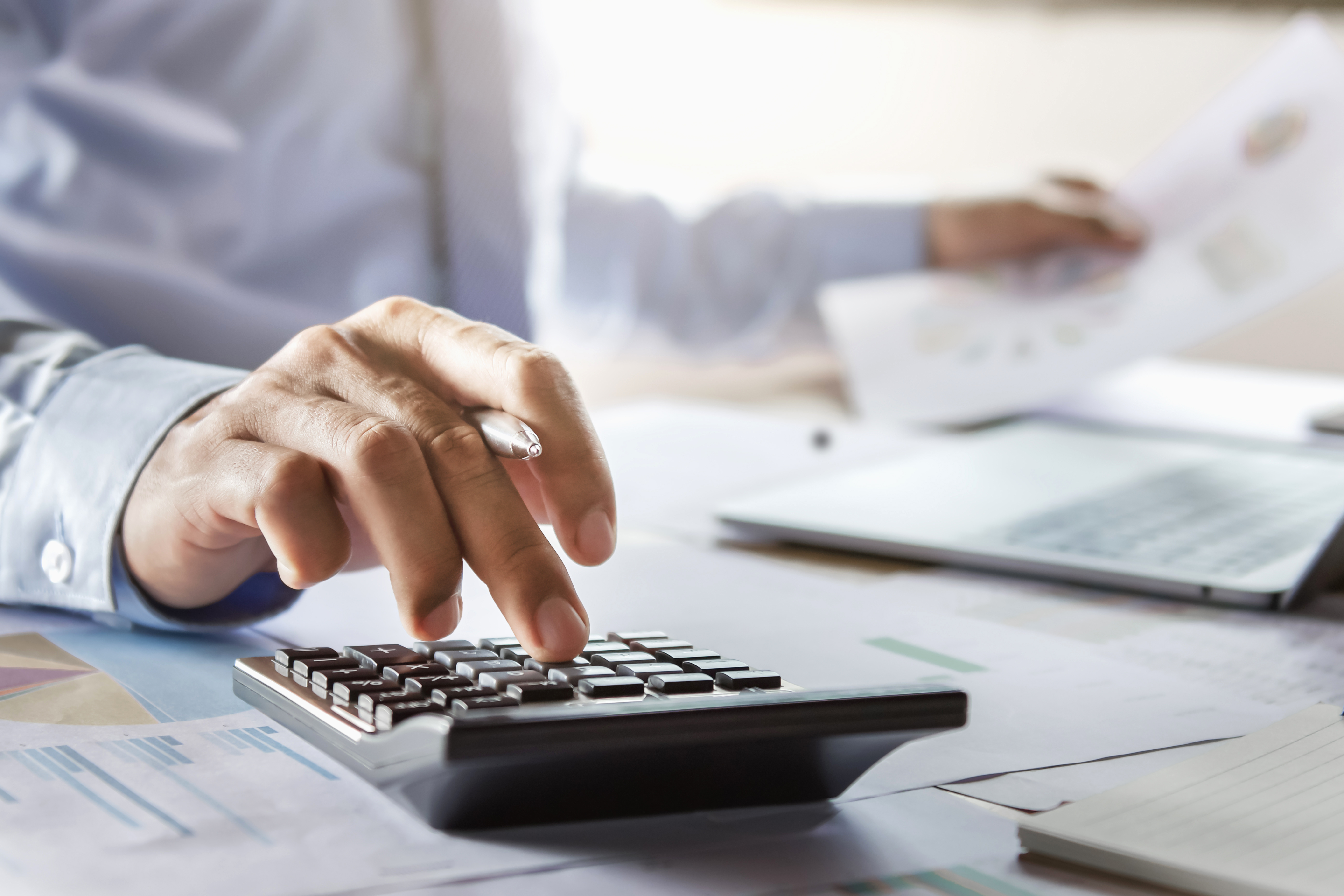
Work with your local agent today…
If you are looking to work with a property professional who can support you through the entire process, then get in touch with your local Guild Member today. They are on hand to offer expert advice every step of the way, to ensure that buying your dream home is nothing short of excellent and is an enjoyable process.
Further Reading: Are you a first-time seller? Why not check out our Guide For First Time Sellers over on our blog today.



